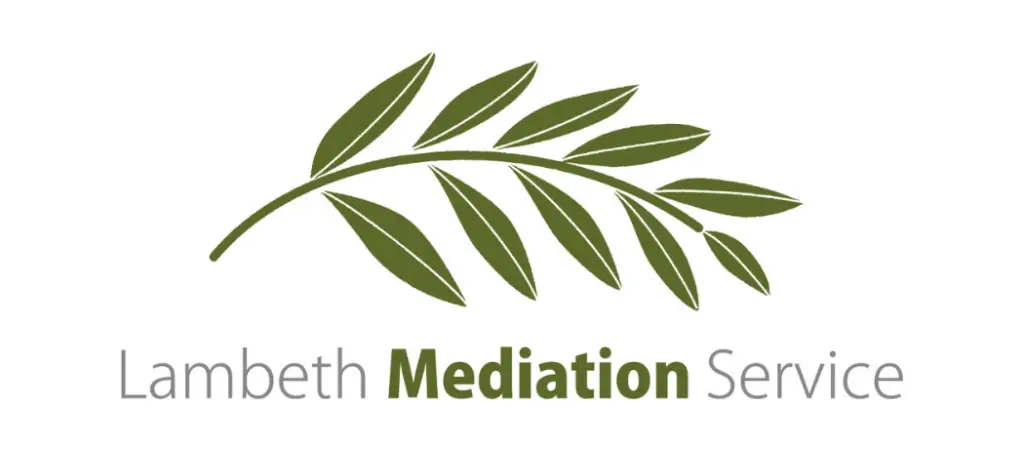Our Development Officer Beth talked with Jackie Elliman, LMS Trustee, to find out about why she started mediating, her experience being a Charity Trustee and where she sees LMS situated in the future.
How did you become a volunteer and trustee at LMS?
There’s quite a long and winding trail here!
Like many others, I became a mediator by accident. It begins when I decided to retrain as a lawyer around 25 years ago, having worked in the arts in admin and marketing all my life. This led to my current day job with the Independent Theatre Council, giving legal advice to theatre companies. Whilst this role uses my legal knowledge on a daily basis, and I am qualified as a lawyer I felt that I there were gaps in my knowledge since I never worked in a solicitor’s office. Reading about arbitration led me to start studying that as a sort of compensation for that gap in my knowledge. Whilst arbitration, which is very much like being a private judge, is a different form of dispute resolution to mediation many practitioners do both and as part of my arbitration study I attended a seminar that was about mediation. This was my personal “Road to Damascus” conversion, leading me to a commitment to mediation that has only strengthened in the ensuing years.
I started studying mediation and trained with leading providers of commercial mediation. I started to ask the usual questions “I want to mediate… how do I mediate?”. Like a lot of people, I went into community mediation both to get some mediation practice and to give back to my community. I opted for Lambeth because it’s where I live. Joining the trustee board, further down the line, was a way for me to get more deeply involved. I have been on a few boards and worked with management bodies and committees; I offered myself in the hope that I could be useful, and I hope I have been!
What do you think that LMS provides to the local Lambeth community?
What we believe we provide is a way to resolve differences that leaves the parties in a more peaceful, positive place than a judge’s ruling that one party is right and one is wrong. A lot of the work we do is between neighbours, who live next door to each other either upstairs or downstairs. Most disputes of this type, of course, never go to court but when they do focus on the negative aspects of a dispute can increase resentment. Hopefully, even when we don’t completely succeed in reaching a peaceful resolution (and mediation succeeds in around 80% of cases), we begin to undo the demonisation of one party by another that can be common. You can’t get rid of all the problems, but you can introduce objectivity, which can bring about a better level of understanding.
If a potential party was unsure about attending mediation, what would you say to convince them to attend?
I have spent a lot of time prior to mediations talking to the parties about what mediation is. In some cases persuading a party to mediate has been a major part of the whole process. Preliminary visits to the parties, when we listen to them and we tell them about the service, are a key part of the LMS process. The salient points for me are that there is a win-win factor and outcome, and that mediation is non-judgmental; that at the end of a mediation no one is judged to be more right or more wrong than they were at the beginning. Also important is the fact that the parties own the mediation and the outcome, mediators help them towards a solution, by creating a space in which listening, and rethinking, are possible, but they do not impose it.
How would you describe your experience as a volunteer at LMS?
I think it’s so worthwhile volunteering here because the effects of mediation can be immediate. You see people start to talk to each other only a couple of hours after they had appeared entrenched in non-communication and, sometimes, actual fear of each other. There has been the added bonus of finding that my community mediation practice really enriches all my mediation work. I learn from the honesty of the participants and from the fact that in community mediation you have a co-mediator so I am working with other LMS volunteers from a wide range of backgrounds and I learn from them. The main reward for me though is the feeling of giving back and, on a good day, helping a few people to live together more peaceably.
Even if the changes aren’t earth shattering, mediation changes the lives of those who have issues that deeply affect them. Mediation is for everyone.


